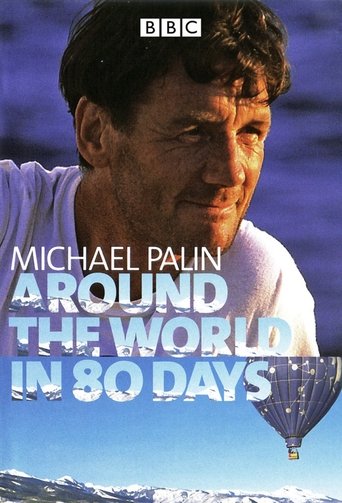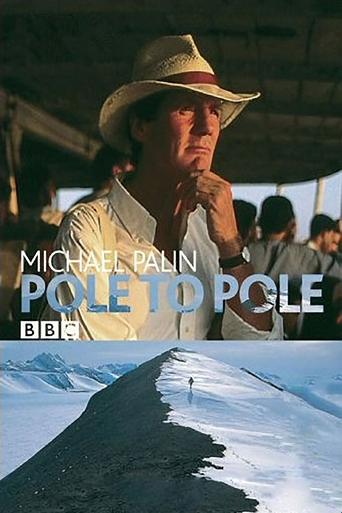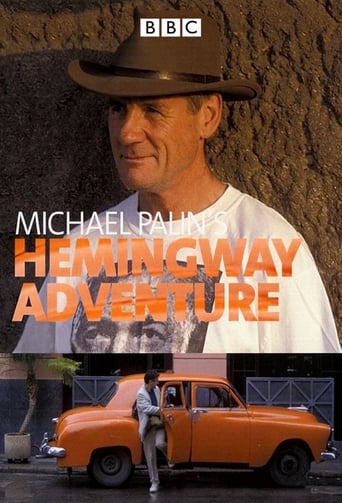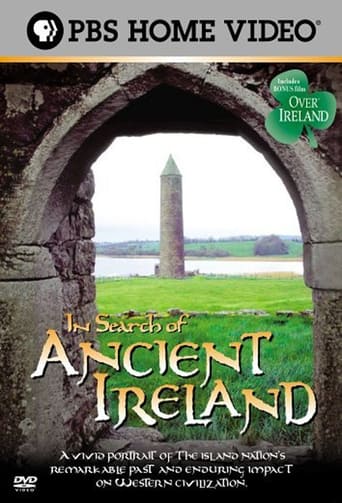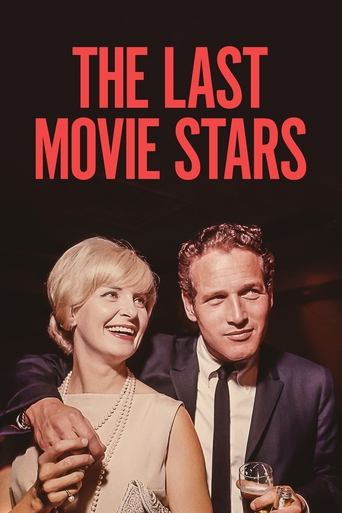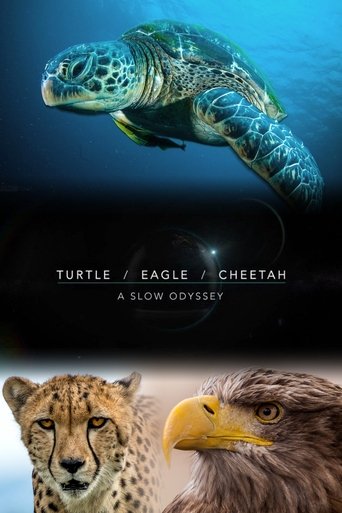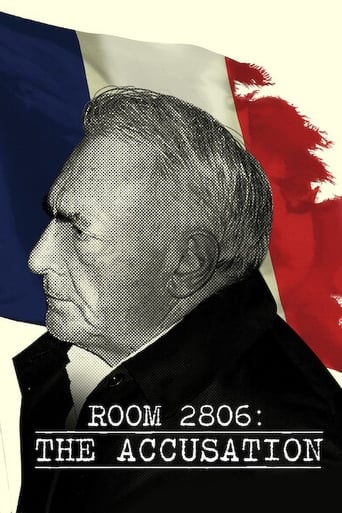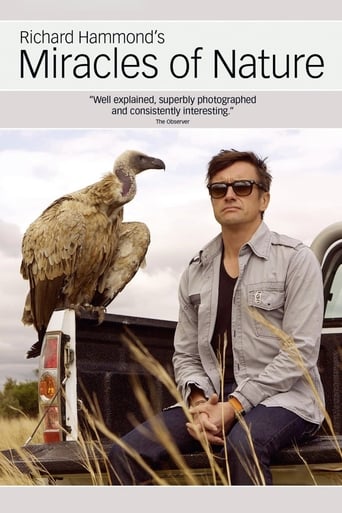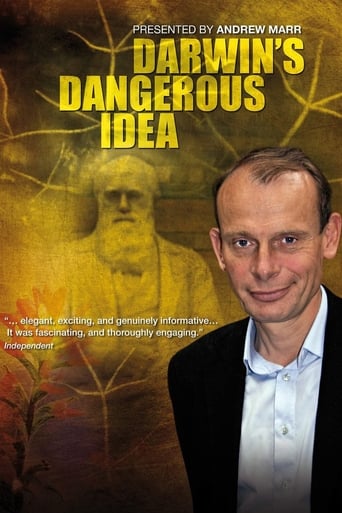
Body and Soul
Andrew Marr explores how Darwin's theory of evolution by natural selection has taken on a life of its own far beyond the world of science. In the first episode of the three-part series, Andrew Marr explores how Darwin's theory of evolution by natural selection has taken on a life of its own far beyond the world of science. He argues that Darwin's theory has transformed our understanding of what it means to be human. Over the last 150 years, Darwin's ideas have challenged the need for a creator, undermined religious authority, and provided new ways of looking at the origins of human morality. Marr's journey begins following Darwin's footsteps in Tierra del Fuego at the southernmost tip of South America where Darwin first encountered an 'uncivilised' native tribe. This began to raise questions in his mind about the origins of the human race. The answers to these questions would emerge over the next 30 years, culminating in the publication of On The Origin of Species in 1859. Marr then traces the development of Darwin's idea in the years since then and finds a range of influences that Darwin could never have imagined: from the existential philosophy of Friedrich Nietzsche to the battlefields of the First World War; from the Freudian psychoanalyst's couch to the Vatican; and from the genetic logic of kindness to an Islamic creationist's claim that Darwin is to blame for modern terrorism. Darwin's dangerous idea is as influential and challenging today as it was 150 years ago.
Country: GB
Language: En
Runtime: 60
Season 1:

Andrew Marr explores how Darwin's theory of evolution by natural selection has taken on a life of its own far beyond the world of science. In the first episode of the three-part series, Andrew Marr explores how Darwin's theory of evolution by natural selection has taken on a life of its own far beyond the world of science. He argues that Darwin's theory has transformed our understanding of what it means to be human. Over the last 150 years, Darwin's ideas have challenged the need for a creator, undermined religious authority, and provided new ways of looking at the origins of human morality. Marr's journey begins following Darwin's footsteps in Tierra del Fuego at the southernmost tip of South America where Darwin first encountered an 'uncivilised' native tribe. This began to raise questions in his mind about the origins of the human race. The answers to these questions would emerge over the next 30 years, culminating in the publication of On The Origin of Species in 1859. Marr then traces the development of Darwin's idea in the years since then and finds a range of influences that Darwin could never have imagined: from the existential philosophy of Friedrich Nietzsche to the battlefields of the First World War; from the Freudian psychoanalyst's couch to the Vatican; and from the genetic logic of kindness to an Islamic creationist's claim that Darwin is to blame for modern terrorism. Darwin's dangerous idea is as influential and challenging today as it was 150 years ago.

Andrew Marr discovers something surprising about his own evolutionary history as this epic series continues with an exploration of Darwin's impact on politics and society. Under the banner of Survival of the Fittest, Darwin's theory of natural selection has been used to justify imperial expansion and the oppression of indigenous peoples; to inform the science of eugenics - the selective breeding of humans which was implemented in the United States in the early 20th century; and to provide a veneer of scientific respectability to Nazi plans to create an Aryan master race. It was also used quite explicitly to explain the twisted logic of the final solution. But Andrew Marr also finds a kind of redemption for Darwin's theory of evolution. After the Second World War, it was a founding idea behind the democratic, anti-racist values of the United Nations. More recently, it has also been used to help eliminate a fatal genetic disease from the Orthodox Jewish community in Brooklyn. Marr goes on to consider the difficult social and political choices presented by predictive DNA testing - the final frontier of Darwin's Dangerous Idea.

In the final episode of this ground-breaking series about Charles Darwin's legacy, Andrew Marr discovers how Darwin's ideas are helping us to save ourselves and all life on earth from extinction. Marr argues that Charles Darwin is the father of ecology. The modern environmental movement was built upon his insight that all life on earth is linked by a delicate web of connections. He also discovers that Darwin's dangerous idea is inspiring scientists to create a 'flotilla of Darwinian Noah's Arks' to help save life on earth from disaster. Exploring the impact of industrialisation, intensive farming and our growing hunger for meat, Marr tells the story of our slow awakening to the full implications of Darwin's theory of evolution by natural selection and our own destructive powers as a species. After showing how Darwin developed his ideas by digging up fossils, exploring coral reefs and studying the habits of the humble earthworm, Marr explains how Darwin's dangerous idea was launched into the space age. He discovers the mysterious movements of the 'mouse society', snorkels over a coral reef and visits a 'boiling cauldron of evolution' - the tropical rainforest - which is now threatened by the shadow of mass extinction. Over the last 150 years, the combination of Darwin's ideas with politics has often had disastrous social consequences. In this programme, Andrew Marr argues that our failure to combine politics with Darwin's insights into the delicate connections between all life on earth could be accelerating the countdown to our own extinction.



